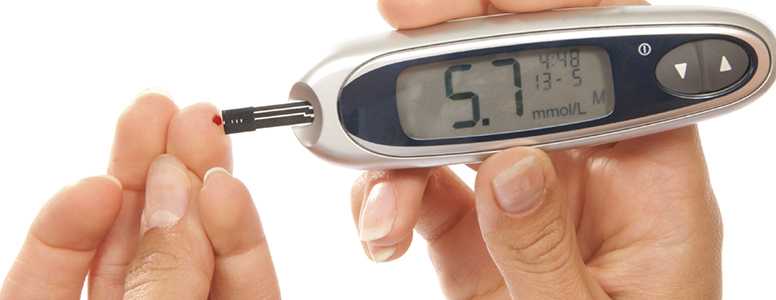In this special return of our “You asked” feature, we’re answering a question from the Diabetes Forum with pertinence to the theme of Diabetes Week: redefining diabetes.
The question is: “Is there any research on whether even with good control, glucose tolerance will still worsen?”
To answer this questio, it’s worth looking back at how type 2 diabetes has been previously viewed, then comparing this with the significant health changes it’s now known that people with type 2 diabetes can achieve.
How was type 2 diabetes viewed in the past?
It is often said that prevention is better than cure, and so much effort is put into preventing prediabetes and type 2 diabetes from developing in the first place. Despite a long-running trend of increasing diabetes rates, there has recently been a drop in new type 2 diabetes diagnoses, which is very positive news. But, what about those who have already been diagnosed with type 2 diabetes?
Historically, type 2 diabetes was thought to be a one-way street: a chronic, progressive and irreversible disease that required increasing amounts of medication to control, as the years went by. In a typical case, someone might have failed to control their blood glucose levels with diet and lifestyle alone and been started on metformin. As the years went by, the person may have seen a progression of their diabetes and been placed on additional anti-diabetic medications, such as gliclazide, as the diabetes worsened. If good control was still not achieved, then the person may have then been placed on insulin therapy. In essence, after diagnosis, a slowing of the disease progression was usually the best that was hoped for.
Type 2 diabetes brings with it a range of complications including retinopathy (damaged eyesight), neuropathy (damaged nerves) and nephropathy (damaged kidneys). It also increases the risk of heart disease. The notion that there is not much one can do about these issues is not one that offers much hope. Fortunately, thinking around the ‘progressive’ nature of type 2 diabetes is changing rapidly.
Hope offered by type 2 diabetes remission
The idea of type 2 diabetes remission has recently gained much traction, as many people diagnosed with type 2 diabetes have been able to achieve and maintain normal blood sugar levels, without use of medication. Research has shown that remission is achievable through at least three different methods: Bariatric surgery, a very low calorie diet or a low carb lifestyle [1] [2] [3]. In addition, the practice of intermittent fasting, as part of a healthy lifestyle, shows similar promise [4].
While a healthy diet and lifestyle has always been recommended as part of standard care for type 2 diabetes, complete remission was very rarely achieved and not considered an attainable goal. In fact, one study suggested that complete remission was achieved in just 0.14% of people on standard care [5]. In contrast, remission rates at one year are many times higher, at over 25% each, for bariatric surgery, very low calorie diets and low carb and ketogenic diets [1] [2] [3] [6]. These methods could therefore make remission a realistic goal for many people.
These strategies can bring about remission and weight loss in similar ways; they all essentially allow a reduction in calorie intake. However, importantly, these strategies may allow us to avoid overeating by changing how our bodies work, perhaps making things easier than they might be if we were simply trying to cut down on calories through sheer will. For example, carbohydrate restriction can greatly improve insulin sensitivity, and bariatric surgery can result in changes to a range of hunger hormones [6] [7].
Visceral fat and liver fat are thought to play a key role in the development of the insulin resistance seen in type 2 diabetes, and low carb diets, very low calorie diets and bariatric surgery have all been shown to effectively reduce these types of fat [8] [9] [10] [11].
The power of these interventions to address the underlying causes of type 2 diabetes, as well as the symptoms, could explain why they allow remission rates that are much higher than what is seen with standard care.
What’s the take-home message?
As type 2 diabetes remission is still a relatively new concept, more research is needed to further investigate the ways in which different strategies make remission possible. However, the literature so far offers much hope to people with type 2 diabetes, showing that the condition does not need to get worse and can be effectively managed or put into remission with lifestyle changes or surgery. Moreover, the power of lifestyle changes specifically in bringing about remission can give people with type 2 diabetes the opportunity to once again be in control of their own health.
References



